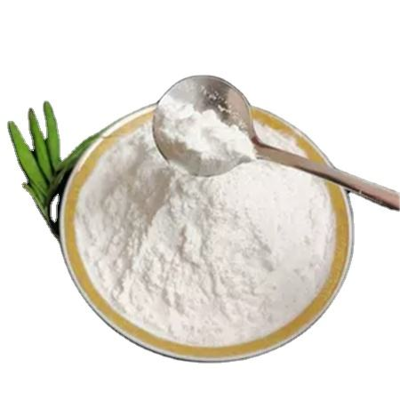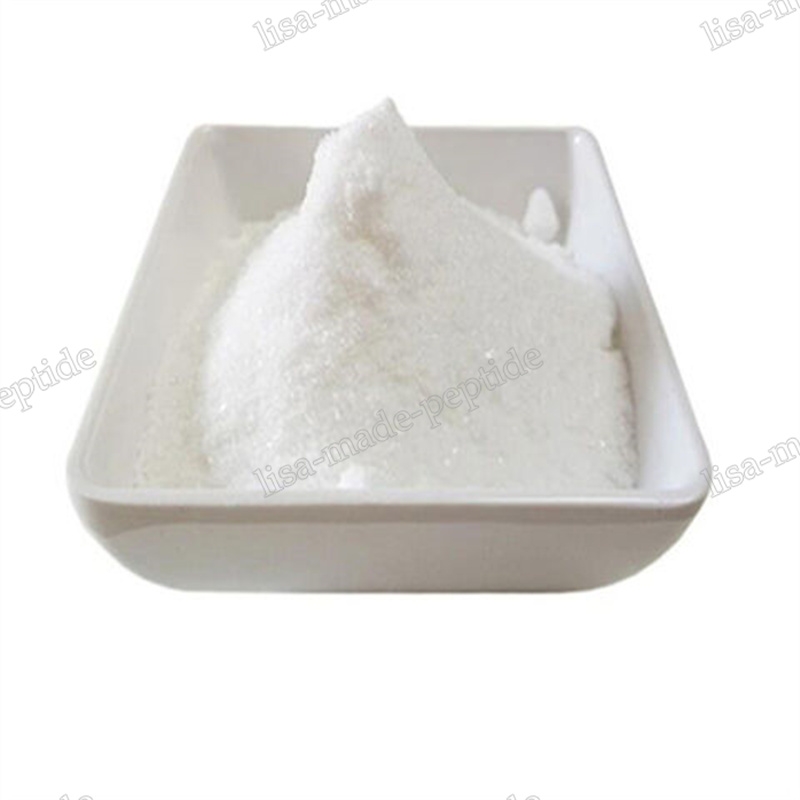-
Categories
-
Pharmaceutical Intermediates
-
Active Pharmaceutical Ingredients
-
Food Additives
- Industrial Coatings
- Agrochemicals
- Dyes and Pigments
- Surfactant
- Flavors and Fragrances
- Chemical Reagents
- Catalyst and Auxiliary
- Natural Products
- Inorganic Chemistry
-
Organic Chemistry
-
Biochemical Engineering
- Analytical Chemistry
-
Cosmetic Ingredient
- Water Treatment Chemical
-
Pharmaceutical Intermediates
Promotion
ECHEMI Mall
Wholesale
Weekly Price
Exhibition
News
-
Trade Service
In 2020, my country's apparent consumption of polypropylene will reach 34.
new Zealand
New Zealand mainly imports textiles and raw materials, furniture, toys, and miscellaneous products from China.
Plastics and rubber also account for a certain proportion.
Forecast of the overall impact of RCEP on China's petrochemical industry
Some scholars have predicted the cumulative impact percentage of RCEP on specific industries in China during the "14th Five-Year Plan" period based on the Global Trade Analysis Model (GTAP) and related data research.
Among them, the domestic output of the petrochemical industry (mainly including coking products, petroleum, refined oil, etc.
, basic chemicals, other chemicals, rubber and plastic products) will be suppressed, with an impact ratio of -0.
11%.
At the same time, product imports and exports are expected to be Received 2.
92% and 1.
75% respectively.
According to the above data, although RCEP has a positive impact on the import and export of products in the petrochemical industry, it still promotes imports more strongly.
At the same time, domestic output will be suppressed to some extent in the next few years.
This is mainly because the current domestic production capacity is mainly low-end and medium-end products, and the products are highly substitutable.
Faced with the gradually rising petrochemical industry in the ASEAN countries in the next few years, it will be affected to a certain extent; on the other hand, the production technology of high-tech additional products Domestic companies still lack production capacity, and the main impact of RCEP on the current trade situation comes from Japan and South Korea, and Japan and South Korea are known for exporting high-tech petrochemical products.
Therefore, in the next few years, the domestic petrochemical industry will face a more intense competitive environment.
Expert viewpoint: What is the impact of RCEP on mainstream chemicals?
Yu Biying
The reduction of tariffs on my country’s chemicals by member states is conducive to resolving excess capacity.
my country has overcapacity in products such as synthetic ammonia, calcium carbide, polyvinyl chloride and fertilizers.
After the agreement takes effect, Japan will exempt trade tariffs on my country’s synthetic ammonia and urea, and tariffs on calcium carbide trade will also be directly reduced from the benchmark rate of 2.
5% to zero; South Korea’s trade taxes on polyvinyl chloride, calcium carbide and synthetic ammonia will be separately The benchmark tax rates of 6.
5%, 5.
5%, and 1% are directly reduced to zero, and for fertilizers, the benchmark tax rate of 2% will be gradually reduced to zero within 15 years after its entry into force.
The direct abolition and gradual reduction of tariffs will benefit the export of these chemicals, thereby helping to resolve excess capacity.
my country's tariff reduction on chemicals from other member states may force industrial upgrading.
On the one hand, it can reduce production costs for related downstream industries, and on the other hand, it will bring competitive pressure on chemical manufacturers, but in the long run, it may force industrial upgrading.
For some chemicals that are highly dependent on foreign countries, my country has adopted a relatively conservative tariff policy.
For example, for olefins, my country only reduced taxes to zero for Japan and South Korea in the 21st and 10th years of the agreement’s entry into force; for polyethylene, p-xylene (PX), purified terephthalic acid (PTA) and ethylene glycol my country has not made any commitments to reduce or cancel tariffs for major trading countries such as Japan and South Korea.
For Australia, it has adopted a longer tax reduction period or slightly reduced the tax rate and will remain unchanged.
To a certain extent, slow the rapid increase in external dependence.
Wu Zhiqiao
At present, many high-end fine chemicals and new chemical materials in China still rely on imported resources, and Japan and South Korea are the main import sources of my country's high-end chemical materials.
The signing of RCEP will help domestic downstream enterprises to reduce procurement costs.
,,,。2021、315,24.
4%。,65%,,,,78。,,,534.
8。
,20201—10,RCEP、、,132.
6,14.
1%。,,、,,93。
,20201—10,RCEP、、,87,34.
7%。,,8~10。(2020—2021765),,,。
:







